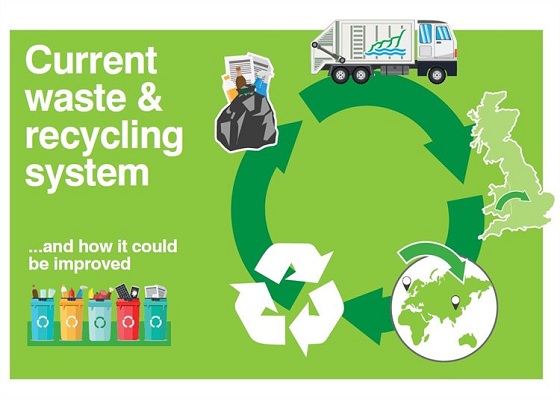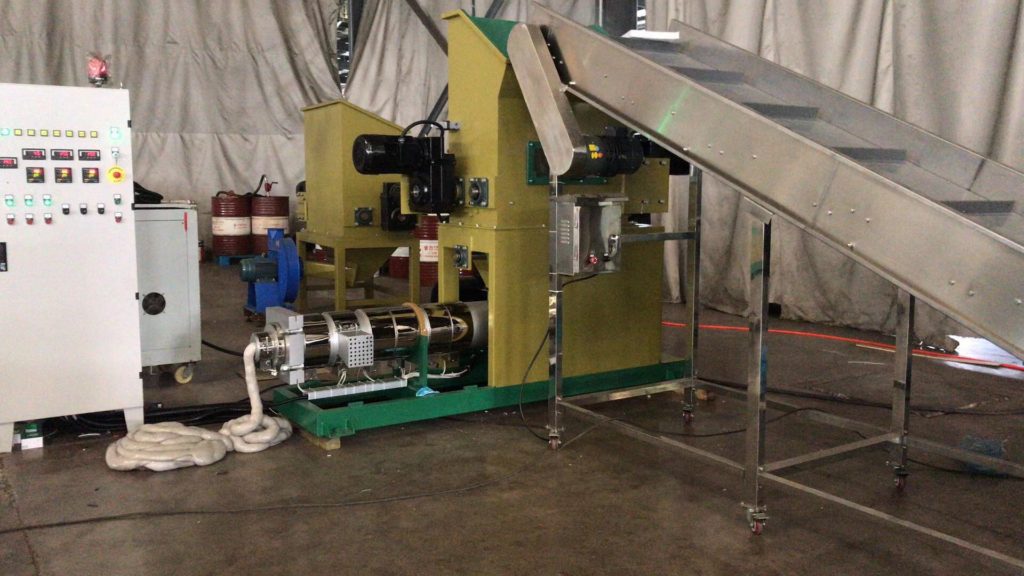Recycling is one of the weapons currently used by humans to solve pollution problems and combat global warming. But there are major obstacles to EPS recycling, because cost-effectiveness determines a large-scale recycling system, deciding which materials are worth reusing, and which ones are not.

The EPS contains 98% of the air content, which leads to an increase in the cost of transportation and storage during the recycling process. The current urban recycling system in most states in the United States has not been able to incorporate the trash trash, but it does not mean that EPS recycling is difficult.

Earlier this year, the global industry analysis report pointed out the potential value that the EPS recycling industry will have in the next decade. Recyclers first made changes and began looking for ways to recycle EPS at low cost.
The INTCO recycling company in California has developed an EPS recycling machine for this purpose, which is divided into three series according to the compression ratio. The highest compression ratio is the M-series EPS densifier machine. The machine-compressed EPS ingot and the EPS trash can reach a ratio of 1:90. The EPS ingot that squeezes out the air will significantly reduce the transportation cost and storage space.

The most special thing about INTCO Recycling is that INTCO sells such recycling machines and promises to customers who use the machine that they will buy EPS ingot for photo frames for real recycling.
When the cost of EPS is no longer an issue, it is time to form EPS recycling into a large-scale recycling system.